Nawaz Sharif Returns to Pakistan, Launches Campaign Targeting Imran Khan
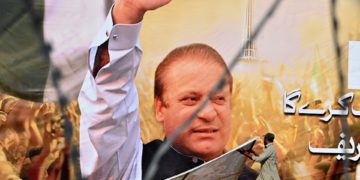
ISLAMABAD : Pakistan’s former Prime Minister Nawaz Sharif made a triumphant return to his homeland on Saturday, ending a self-imposed exile of four years in London. His arrival marked the launch of his party’s campaign for an upcoming election, with the prominent aim of challenging former Prime Minister Imran Khan as his main rival.
The 73-year-old veteran politician, who has served as Pakistan’s Prime Minister on three separate occasions, arrived in Islamabad on a chartered plane, accompanied by over 150 members from his political party and various media organizations. Following a brief stay at Islamabad’s airport lounge, where he signed and filed appeals against previous convictions, Sharif is set to fly to his hometown of Lahore.
Sharif’s close aide, Ishaq Dar, posted on social media, “The process to sign and verify legal documents has been completed.”
Ahead of Sharif’s arrival in Lahore, enthusiastic supporters from various regions of Pakistan flocked to the city. Heavy police contingents were deployed to ensure security for the rally’s venue, as confirmed by police officer Ali Nasir Rizvi.
Nawaz Sharif had been in self-imposed exile since 2019, when he left for London to receive medical treatment while serving a 14-year prison sentence for corruption. Although his convictions remain in place, a recent court ruling barred authorities from arresting him until Tuesday when he is expected to appear in court.
Despite his ineligibility to run for public office due to his convictions, Sharif’s legal team is determined to appeal, and his party is resolute in its ambition to see him become Prime Minister for a fourth time.
Sharif faces a formidable challenge in regaining his political base from Imran Khan, who, despite being imprisoned, remains a popular figure since his removal from the premiership in 2022. Khan is also disqualified from participating in the upcoming election due to his graft conviction in August, which he has subsequently appealed.
Pakistan, a nuclear-armed nation with a population of 241 million, is grappling with a severe economic crisis, which has exacerbated during the 16-month rule of Nawaz Sharif’s younger brother, Shehbaz Sharif, who led a coalition government after Khan’s removal.
Nawaz Sharif has a history of pursuing economic growth and development during his tenure. When he was ousted as Prime Minister in 2017, Pakistan’s growth rate was 5.8%, and inflation was around 4%. In contrast, as of September, inflation had soared to over 31% year-on-year, and growth projections for this fiscal year are less than 2%.
“It is very sad to see that things have deteriorated so badly,” Sharif remarked before boarding the plane, his comments telecast by local TV channels.
Rising living costs have become an unbearable burden for many Pakistanis, as the younger Sharif’s coalition government was compelled to accept stringent fiscal adjustments to resume funding from the International Monetary Fund (IMF), which had suspended payments after Khan’s actions in his final days in office.
Nawaz Sharif has alleged that his ouster from government was orchestrated by the powerful military establishment, with whom he had a falling out. He claims that the military then supported Imran Khan in the 2018 general election. Both Khan and the military have denied these allegations.
Notably, relations between Khan and the military soured in 2022, and they have been embroiled in a contentious standoff over the past few months, providing Sharif with an opportunity to make a political resurgence. The military has consistently denied any interference in politics.
“An evergreen rule about Pakistani politics is that your chances of taking power are always greater when you’re in the good books of the army,” noted Michael Kugelman, director of the South Asia Institute at the Wilson Center. “Over his long political career, Sharif’s relationship with the military brass has blown hot and cold. It’s now in a relatively cordial phase, and he stands to benefit politically.”






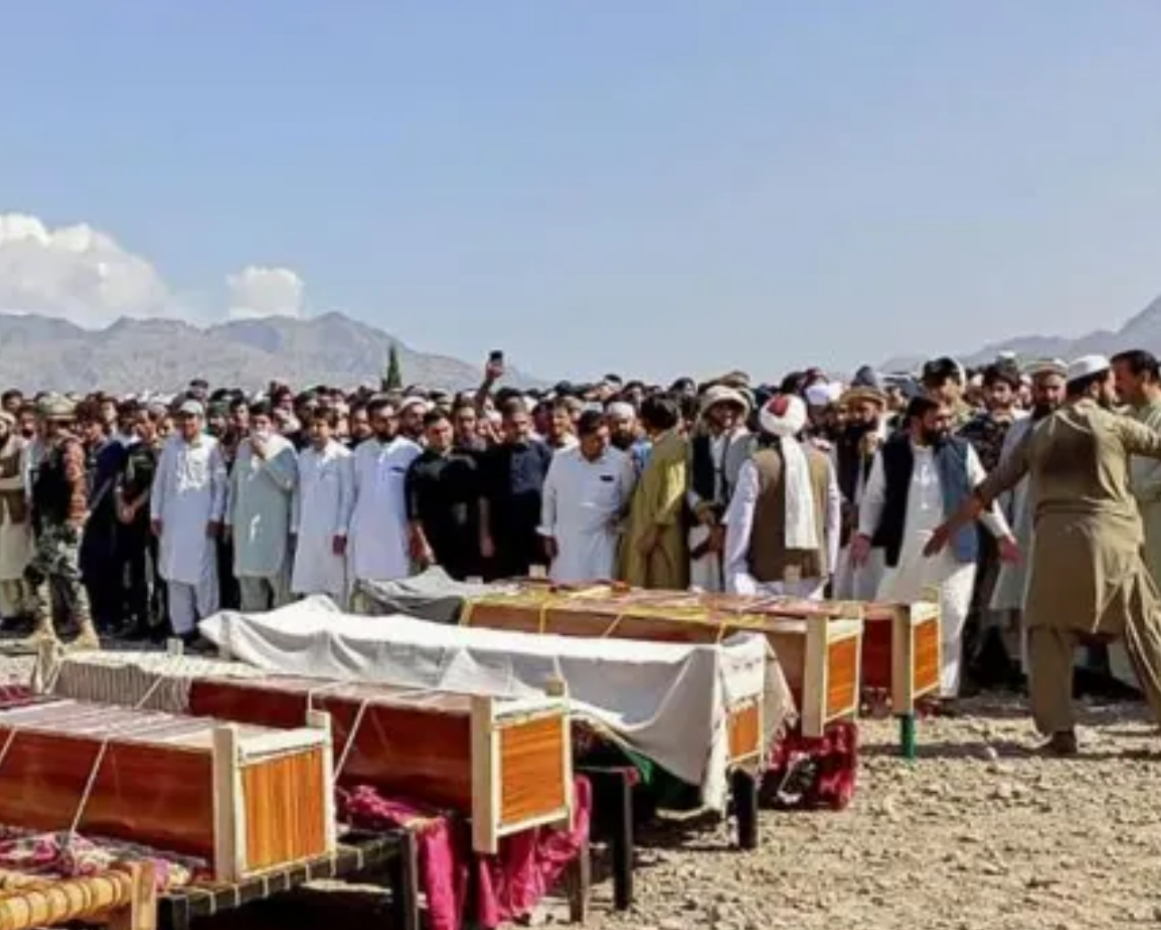
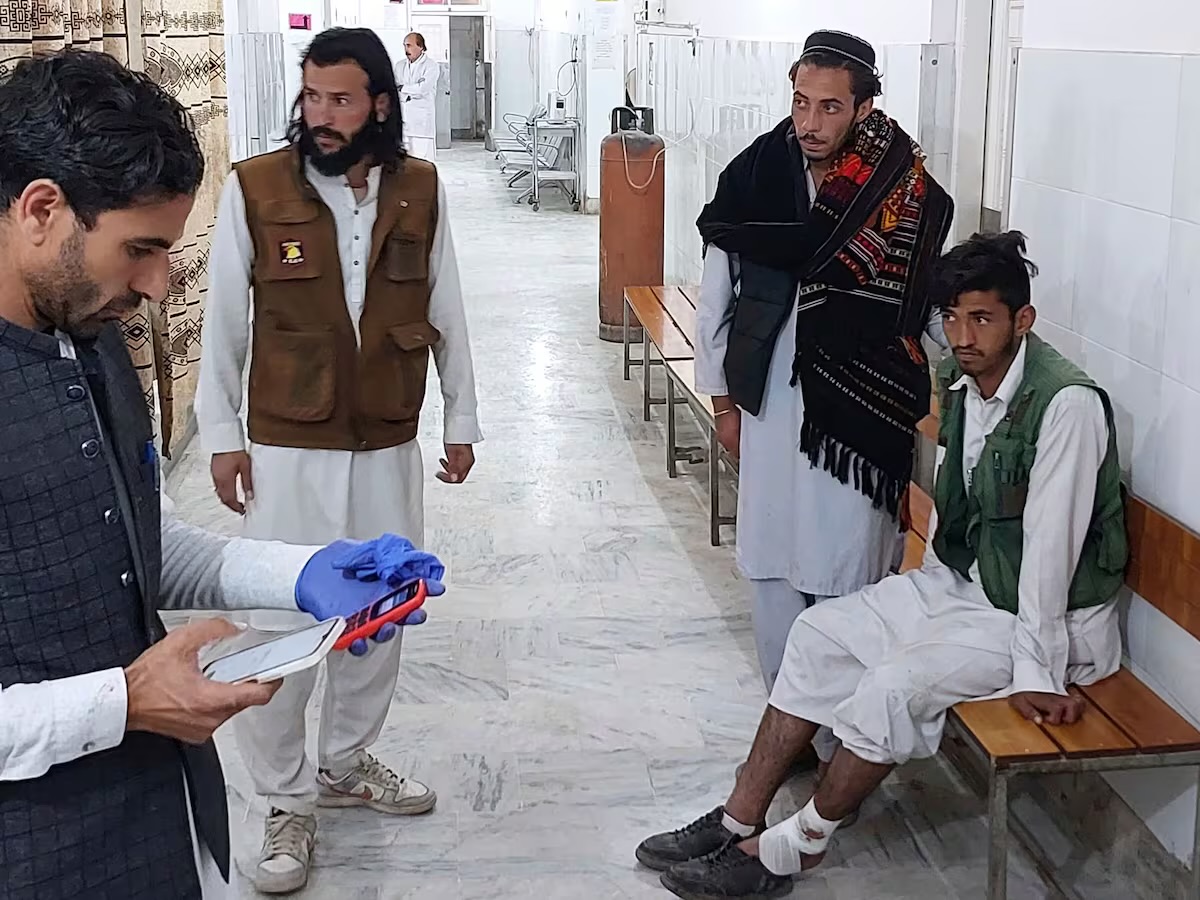
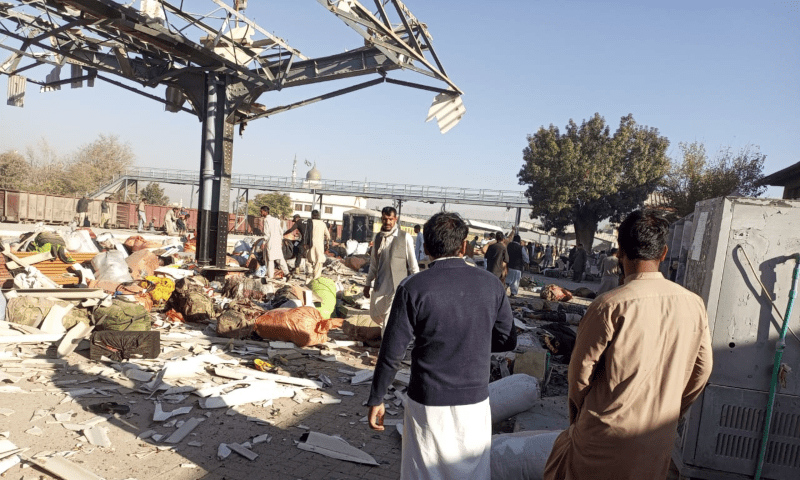
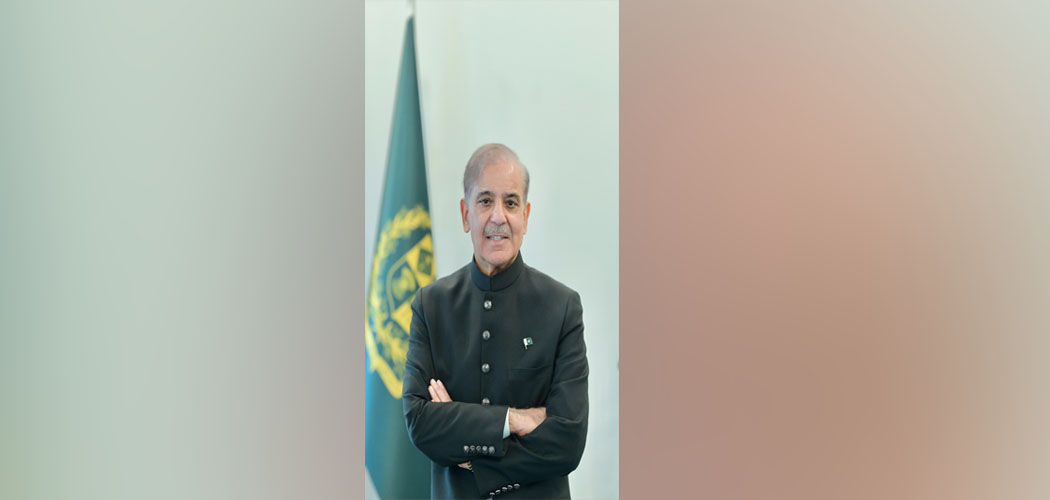
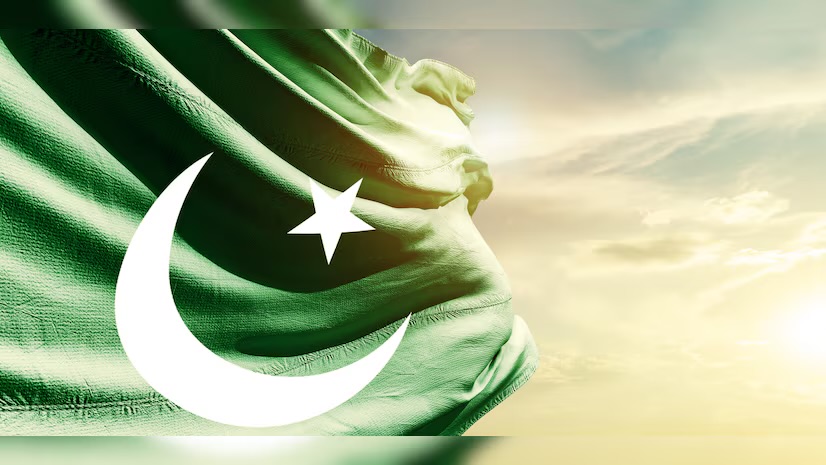








Facebook Comments